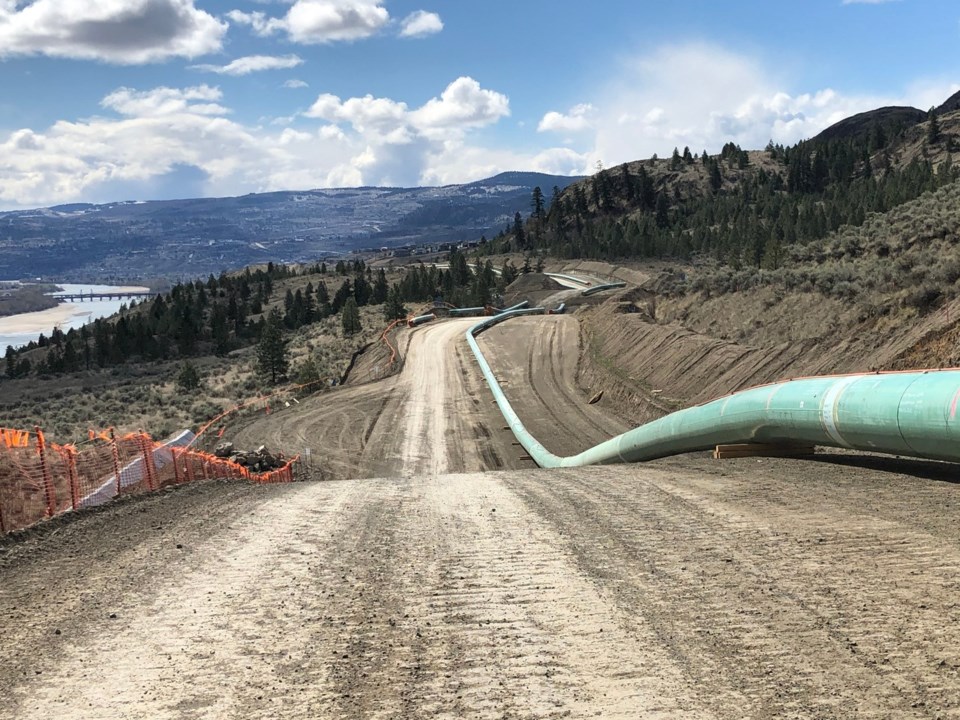When the Trudeau government decided to buy the Trans Mountain pipeline from Kinder Morgan (NYSE:KMI) for $4.5 billion and assume responsibility for completing its expansion, the plan was to sell it after it was twinned, and the Trudeau government indicated it would consider proposals from First Nations groups that wanted to buy it.
There are now at least three such groups, although their ownership models may differ.
The latest to signal its hope to own at least a stake in the expanded Trans Mountain pipeline is Nesika Services, a consortium of First Nations in Alberta -- notably the Alexis Nakota Sioux -- and B.C. The two other proponent groups are Project Reconciliation and Western Indigenous Pipeline Group (WIPG).
Nesika Services includes a number of B.C. First Nations, including the Matsqui. Nesika Services directors include Chief Alice Mckay of Matsqui First Nation, David Walkem, a band councillor for the Cook’s Ferry Indian Band, and Mark Peters from the Peters First Nation.
“Part of the reconciliation process is to close the socio-economic gap between Indigenous and non-Indigenous peoples,” Matsqui Chief Alice McKay said in a Nesika press release.
“By determining the outcome of TMX, we can deliver a project through our ways of knowing and doing and a return to economic independence for our communities. We are a not-for-profit without predetermined financial or operating partners. We seek only an outcome that empowers our own communities to make their own informed decisions.”
Nesika Services says its model differs from the others in that it is a not-for-profit group. It currently has 14 members.
"One of the differences between ourselves and WIPG or Project Reconciliation is the fact that Nesika is not actually trying to buy the pipeline," Paul Poscente, executive director of Nesika Services and CEO of Axxcelus Capital Advisory, told BIV News.
"It's seeking to support those Indigenous communities impacted by the Trans Mountain pipeline in negotiating and structuring the best possible transaction in whatever entity makes sense.
"Project Rec and WIPG, they're for-profit entities. We believe at Nesika that there's an inherent conflict of interest with the indigenous communities, because for every dollar they make is a dollar less that goes into the pocket of indigenous communities.
"We would structure the ownership on behalf of indigenous communities in whatever structure makes the most sense for the transaction. It might be a partnership, it might be a corporation, it might be a public company. But we're going to have to wait to see what Canada decides, in terms of what it wants to sell and how it wants to sell it, before we pre-determine a corporate structure.
"We seek to provide both equity and non-equity revenue sharing options. We think that there is a lot of communities that want a non-equity ownership option, and we're seeking the financial flexibility to do that on behalf of the members."
"This pipeline is going through," said Tony Alexis, chief of the Alexis Nakota Sioux, a Treaty 6 signatory with reserve lands near Edmonton, Hinton and Whitecourt, Alberta. "We respect the fact that some don't support it and some do.
"What Nesika is offering here is an opportunity to be at the table. For me, it's probably the most responsible thing that we can do right now is to make sure that we have a seat at that table."




